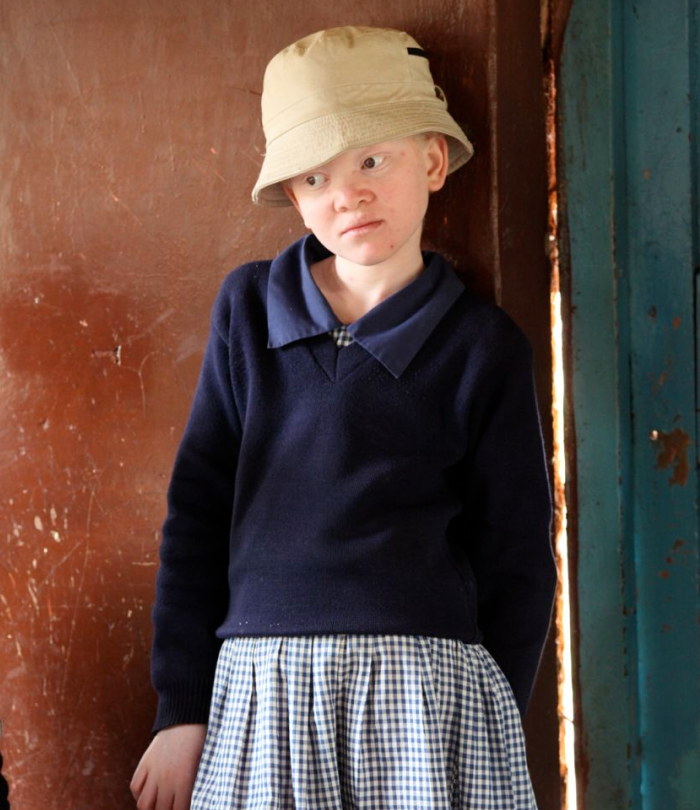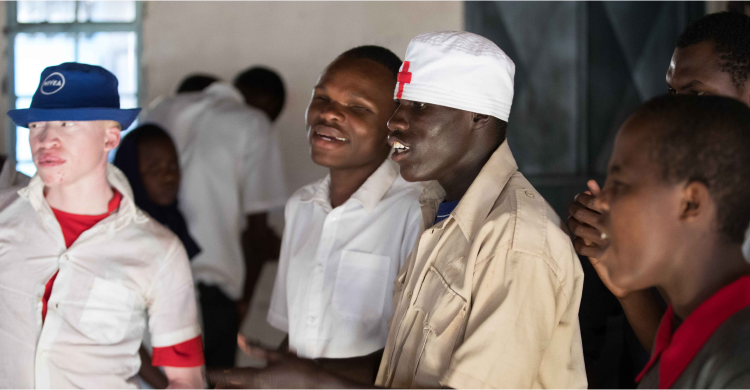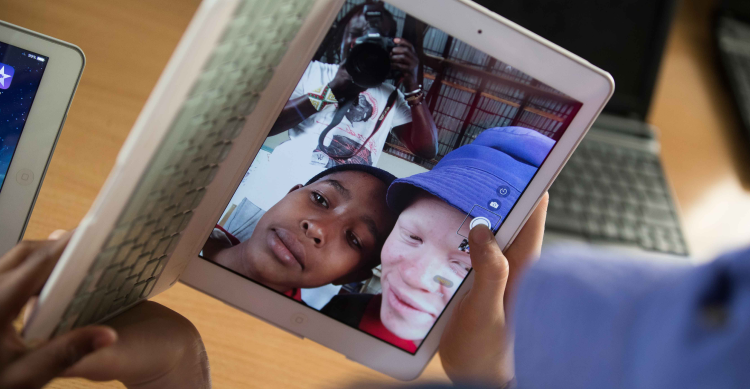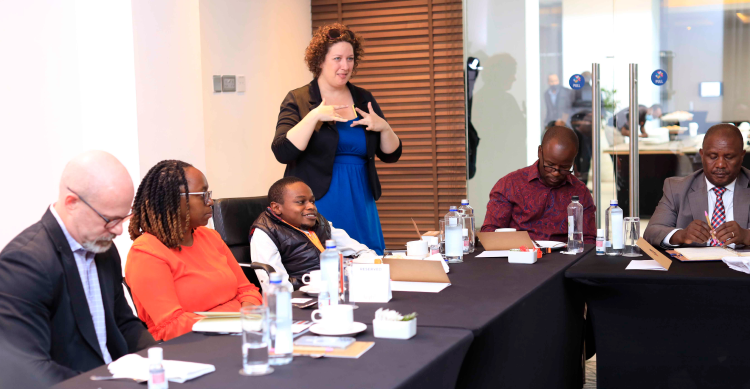Our Impact
Lasting and transformative impact
The adverse influence visual impairments have on people's lives is manifold. That said, we have seen the potential of modern tech to make the lives of youth with visual impairments safer, easier and more independent. These technologies help them to conduct daily activities like reading, writing, hearing and much more.


inABLE’s Impact
8
Computer
Technology Labs
Established eight (8) computer assistive technology labs in six (6) special schools for the blind.
20
Assistive
Technology Instructors
Hired 20 assistive technology computer instructors
14,500
Enrollment
Enrolled over 14,500 blind and visually impaired students and teachers
43,000
Training Hours
Provided more than 43,000 hours of assistive technology computer skills training
120
Coding skills
Provided HTML and JavaScript Coding skills training to more than 120 students.
Accessible computer
training manuals
Developed accessible computer training manuals
Partnerships
Partnered with the Kenya Ministry of Education Science and Technology
Accessibility Standard
KS. 2952-1-2:2022
Kenya Standard Accessibility - ICT Products & Services
Long Term Impact
Far beyond our implementation accomplishments, inABLE’s programs are intended to have lasting and transformative impact on the lives of beneficiaries:
Bridging the gap between the blind and sighted in Kenya through computer assistive technology and digital accessibility.
Our graduates will be able to pursue advanced education and seek gainful employment in fields that would otherwise be completely closed to them. For example, inABLE Computer-Labs-for-the-Blind graduate Anthony Wambua has gone against all odds to become the first blind Kenyan computer programmer.


Contribute to increased feelings of self-worth, self-esteem and independence for our graduates.
In 2015, inABLE took part in a nationwide survey of blind and low-vision students at schools across Kenya, as part of the Mwangaza Project, an international collaboration to improve education for Kenyan learners with vision loss. During the study it was observed that students in the inABLE program had a positive outlook about themselves and life as whole, with higher self-confidence compared to students in schools that did not have an inABLE computer assistive technology lab. Specifically, these students did not view themselves as burden to the society; they showed high interest and confidence in learning computer skills..
Augmenting the nation’s workforce with highly trained and highly motivated blind contributors.
inABLE has established a peer-to-peer mentorship path, as well as computer lab internship position. The organization is currently developing a Tech Hub program where we envision equipping the high school graduates with technical computer and programming skills in order to make them employable and give them financial freedom.


Engage in policy change related to inclusive education, employment and digital accessibility for people with disabilities.
In Kenya, to improve digital accessibility for all the Kenyan Ministry of Information, Communication, Technology (ICT) Youth and Innovation recently launched a new inclusive National ICT policy with an emphasis on accessibility of technology for people with disabilities. This new policy marks a significant step towards developing new standards for digital accessibility and its implementation.